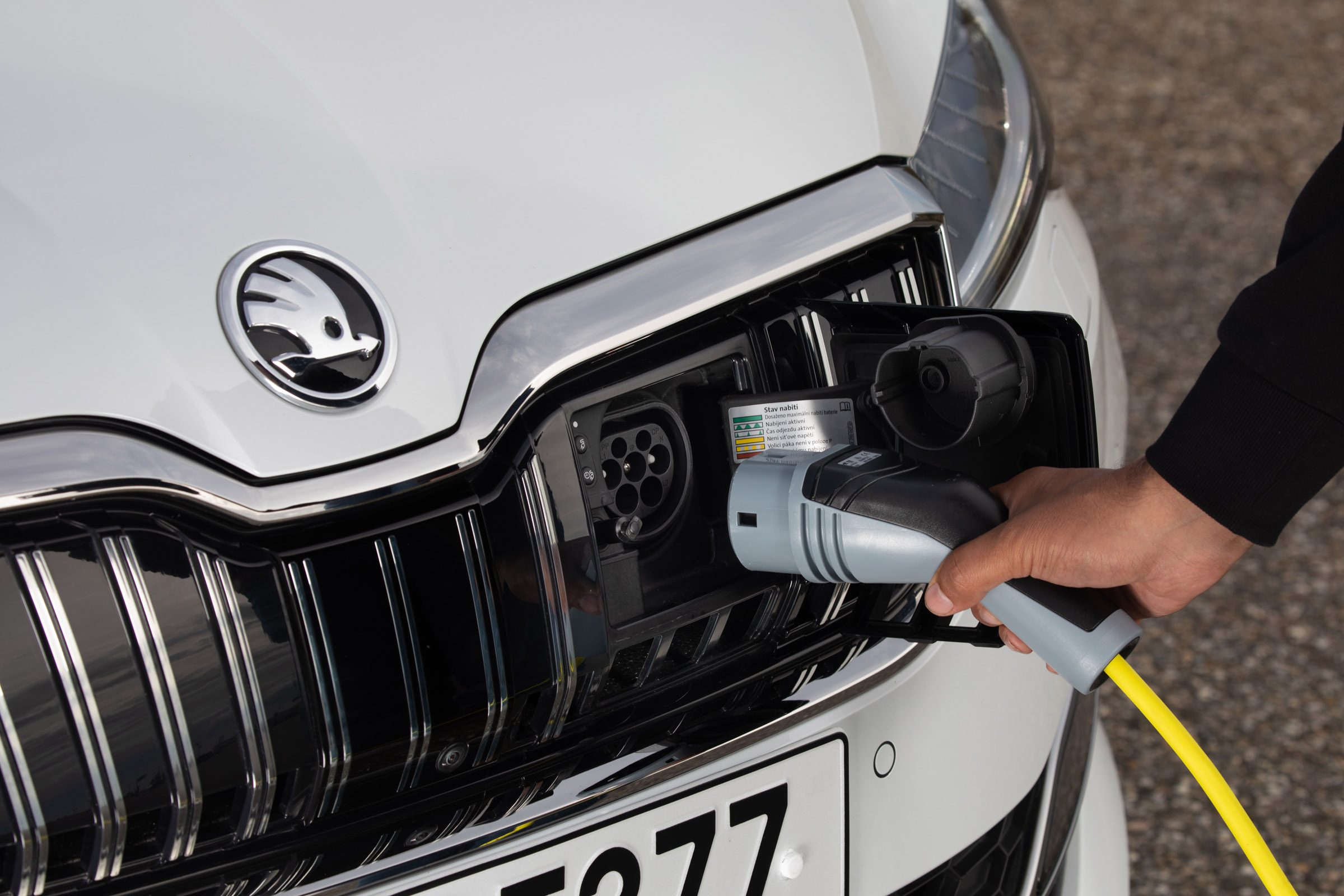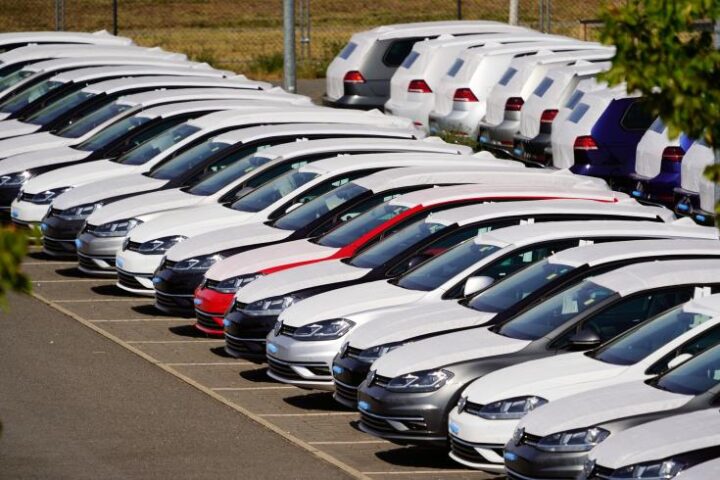Cyprus is way off reaching its goal of wiping out CO2 emissions in transport by 2035, as a lack of planning by authorities has meant only a very limited number of electric vehicles on the roads.
According to CyStat data, just 4% of registrations of new saloon vehicles recorded last year involved electric cars, with indications for 2023 not hopeful.
The rate of introducing electric vehicles to Cyprus roads has not picked up in the first four months of the year, as again, just 4% of a total of 4,784 new vehicles were electric.
In seven years, the rate of new electric cars registered in Cyprus is supposed to reach 25% annually and 100% in 2035.
Green Party leader and MP Charalambos Theopemptou blames authorities for not doing their part to promote electric vehicles.
“As is the case with almost everything in Cyprus, authorities have no plan or vision of how to reach our goals set by the European Union,” Theopemptou told the Financial Mirror.
Environmentalists and the European Commission have been on Cyprus’ case for almost two decades, as the bloc set its goal to become carbon neutral in 2005.
In 2014, the EU adopted Directive 2014/94, which established a framework for developing alternative fuel infrastructure for recharging or refuelling points to minimise dependence on liquid fossil fuels.
Member states had to submit a National Policy Framework to the European Commission, including the objectives, directions, supporting actions and policy measures in 2016.
“Needless to say, Brussels were not pleased with our roadmap, which at the time included one single charging point for the Nicosia-Limassol highway, and two for the Limassol-Paphos highway, just because it’s an uphill road,” said Theopemptou.
“The plan the government had prepared was very disappointing.
“It was only 22 pages, many of them blank or with tables, and it was clear that we had no intention of doing much to promote alternative fuels”.
He explained that developing infrastructure for electric vehicles was important for Cyprus to meet its 2020 EU objectives to increase its overall energy consumption from renewable sources to 10%.
According to EU data, only three countries achieved their target (2015 data); however, Cyprus came in fourth from the bottom with 2.5%.
“Why should a citizen go out and spend tens of thousands of euros to buy an electric car when they cannot charge them,” wondered Theopemptou.
“Just the other day, I had a call from someone stranded at Larnaca airport as the only charging station in the vicinity was out of order, and there was no charging point nearby.”
Nowhere to plug
Cyprus is in the bottom five on the EU list with the least charging points, as owners of electric vehicles have only 69 locations to plug into.
According to the European Automobile Manufacturers’ Association (ACEA), a 2022 survey found only 69 charging points across the island, with electric vehicles making up 5.4% of all road vehicles.
The island is fourth from the bottom for charging points compared to its population, above Malta, which has only 13 charging points, Latvia with 660, and Lithuania with 477.
Weighing on the need to grow the charging point network, energy analyst Sotiris Kyprianou told the Financial Mirror that, once again, authorities are putting the horse before the carriage.
“It is crucial that we shift our attention towards anticipating and preparing for the imminent increase in electric vehicles (EVs) and the impact they will have on the grid, which is not prepared to manage the additional load,” said Kyprianou.
He argued that it is time for Cyprus to transition from a reactive approach to a proactive one.
“Presently, the question regarding EVs and the grid in Cyprus is not whether there will be a problem with the growing number of EVs, but rather when the problem will arise.”
The analyst argued that the Electricity Authority of Cyprus is primarily focused on resolving current issues related to solar power installations, with little consideration given to the future challenges presented by the planned deployment of 42,000 electric vehicles, as outlined in the Ministry of Energy’s published plan.
Kyprianou said authorities need to increase the network capacity to cater to the increasing number of EVs.
The Cyprus Economy and Competitiveness Council pointed out the need to address the absence of infrastructure for charging electric vehicles in a recent letter to the government.
“The absence of a network of charging stations is an inhibiting factor in promoting electric mobility.
“Expanding the charger network is essential, and government incentives to attract private sector interest in this matter are key.
“Incentives could be given to businesses, hotels, private parking lots to install charging points,” said the Council.
It acknowledged the government is working to increase electric cars on the roads, but more needs to be done to convince the public.
The body suggests that the state subsidise interest rates on loans for electric cars, giving electric vehicles an edge over conventional ones.
It also recommends that taxes be lifted for motorists and companies choosing to go electric.
The road tax can be waived for citizens, while companies can offer a tax incentive to replace their vehicles with electric ones.
Further tax reductions can be offered to companies that install electric charging stations.
Meanwhile, car dealers expect to see registrations increase in the coming months, as they note that shortages of raw materials and disturbances in the delivery chain have delayed deliveries.
In his comments to the Financial Mirror, the treasurer of the Cyprus Car Importers Association, Dickran Ouzounian, said that dealers have recently seen their stock of electric cars increase while there is no shortage of options.
Ouzounian said a government subsidy scheme, offering a grant of up to €10,000 to encourage motorists to go electric, has boosted interest and the market.
From the total registrations of electric private saloon vehicles for the first quarter of the year (232), most registrations were BMW models (39), 23 Porsche, 22 Mercedes, 20 were AUDI models, 20 for Hyundai, 18 Volkswagen, 13 Toyota, 12 Skoda, 11 MG and 11 Nissan models.
Nine TESLA cars were also registered from January to April but were secondhand cars imported from abroad.










